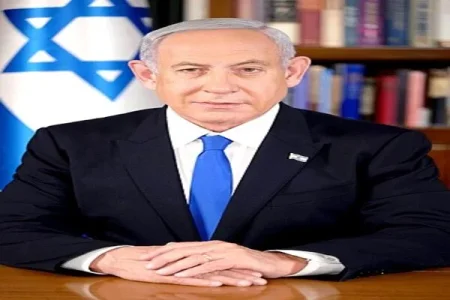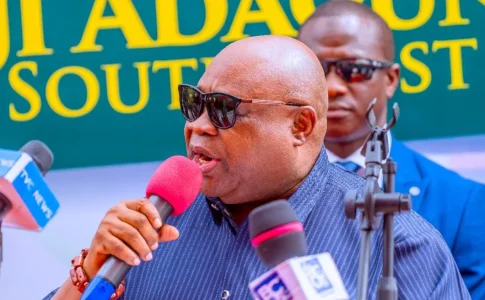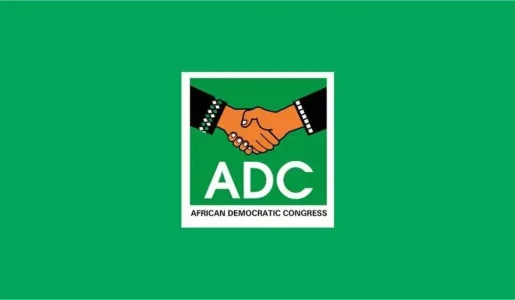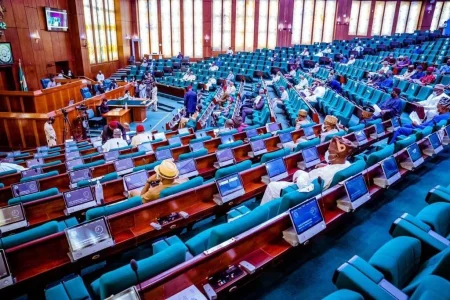
Thousands of protestors gathered outside the Israeli parliament building in Jerusalem on Sunday, marking the largest anti-government demonstration since Israel's recent conflict with Gaza. The protesters, demanding a ceasefire agreement that would secure the release of Israeli captives held by Hamas, also called for early elections, as reported by Doha-based broadcaster Al Jazeera. The Jerusalem protest, claimed demonstrators, surpassed any seen since Israel's offensive against Gaza in October.
Prime Minister Benjamin Netanyahu's government faced intense criticism following a Hamas-led attack on southern Israel in October, resulting in 1,139 deaths and approximately 250 captives taken to Gaza, according to Israeli authorities. Netanyahu vowed to dismantle Hamas and secure the release of all hostages, yet these objectives remained unfulfilled. Despite significant losses, Hamas persisted.
Approximately half of the captives in Gaza were released during a weeklong ceasefire in November, but efforts to negotiate the release of the remaining hostages faltered. The conflict in Gaza has claimed the lives of at least 32,782 Palestinians, predominantly women and children, according to Palestinian authorities.
A new round of ceasefire talks and discussions on a prisoner exchange were slated to commence in Cairo on Sunday, although Hamas had not confirmed its participation. The ceasefire negotiations aimed to conclude before the commencement of Ramadan, but progress stagnated, with the Muslim holy month more than halfway through.
The protestors, stretching for blocks around the Knesset, announced their intention to continue the demonstration for several days, with plans to camp out in the city. They expressed frustration with Netanyahu's policies and demanded new elections nearly two years ahead of schedule. Opposition leader Yair Lapid joined the demonstration, criticizing Netanyahu's governance and handling of international relations, particularly with the United States.
In response, Netanyahu acknowledged the anguish of the families affected by the conflict but warned against calling for early elections, citing potential paralysis in Israel's governance for up to eight months.




